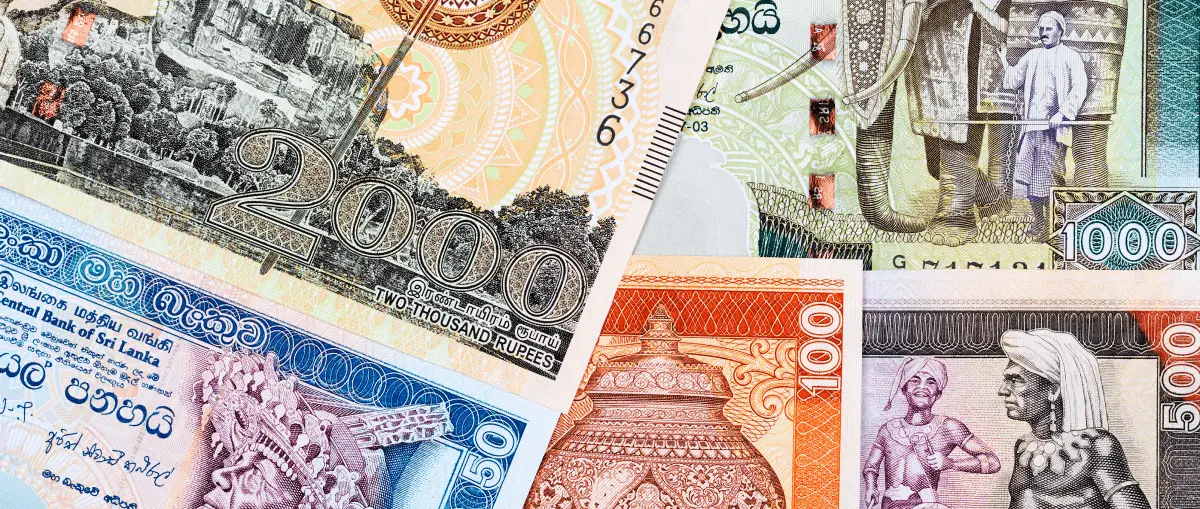
A trip to the grocery store always means that you will walk out with your wallet feeling a little bit lighter, especially if you…

Military escalation will probably turn into cyberwarfare considering how difficult it is to identify the people behind cyberattacks and the expenses associated with direct military conflict.
For instance, shutting down a national grid will cause severe disruptions to business operations that may lead to uncertainties affecting the sentiments of investors.
Evergrande, a property giant in China, has a massive debt that a potential default may lead to a serious case of financial contagion. Most of the real estate firms in the country are overleveraged as well that may soon result to a series of defaults.
The past few months have seen heightened seething tensions between Taiwan and China. The aggression of the Chinese against Taiwan that started during the later part of 2020 raised the risks of military conflict in the Taiwan Strait with the possibility of Taiwan’s backer, the US, getting dragged in.
EU sanctions’ imposition back in March against China regarding Xinjiang’s human rights abuses and China’s retaliatory sanctions against four organizations and ten individuals from the EU have resulted in a deterioration of the relations between China and the EU. These developments might intensify European calls for cooperation between the US and EU over China.
Experts warn that the climate change models are pointing to risks related to droughts and their increased frequency. This year alone, the US and Canada have experienced intense heatwaves. Spain, Turkey, and Greece have also suffered for the past few months from destructive fires. The weather’s volatility, including the drought in Brazil, already led to increased prices of several food products.
The pace of the rollout of COVID-19 vaccines is the key variable behind the more positive forecasts regarding the global economy. However, there is still a looming possible that more aggressive variants of the virus that are resistant to vaccines may hinder these forecasts from happening in the first place.
The pressures of inflation that stem from the prices of commodities starting to bounce back may set off interest-rate normalization. This can lead to governments increasing their debt-service costs. It can further trigger an aggressive pro-cyclical fiscal consolidation, ultimately delaying the emerging countries’ road to recovery.
A recovering real economy, the super loose monetary policy, increased energy prices, and disruption in the supply chain all played a part in the US inflation’s sharp rise in 2021. If inflation cannot be reined in by the slow monetary tightening alone, experts claim that there might be a need for increased interest rates when 2023 comes.
Considering that US stock price or earning ratios are now higher than before the crashes back in 1929 and 2007 to 2008, accelerated increases in interest rates may be enough to cause a sharp adjustment in the stock market.

A trip to the grocery store always means that you will walk out with your wallet feeling a little bit lighter, especially if you…

People learn lessons from failures. But, when it comes to budgeting, you cannot really afford a lot of failures or else, your finances will…

Now more than ever, credit cards have already become an important part of the lives of Sri Lankan thanks to the convenience they offer….

Every time economists have those long discussions about deflation, what they are referring to is that point when prices go down. As a regular…

For most people, a personal loan is one of the first steps they take to achieve their dreams and goals. These loans can help…

Whether you like it or not, there will come a time when you will need financial help. Maybe you want to go on that…

The moment a couple decides to live together or get married, it naturally means that they will be sharing financial responsibilities from then on….

Fresh graduates and young adults in Sri Lanka often find it jarring to transition from spending their days at the school to entering the…

Emergencies are called emergencies for a reason. These things can be very unpredictable and catch you off guard. And when an emergency happens, it…